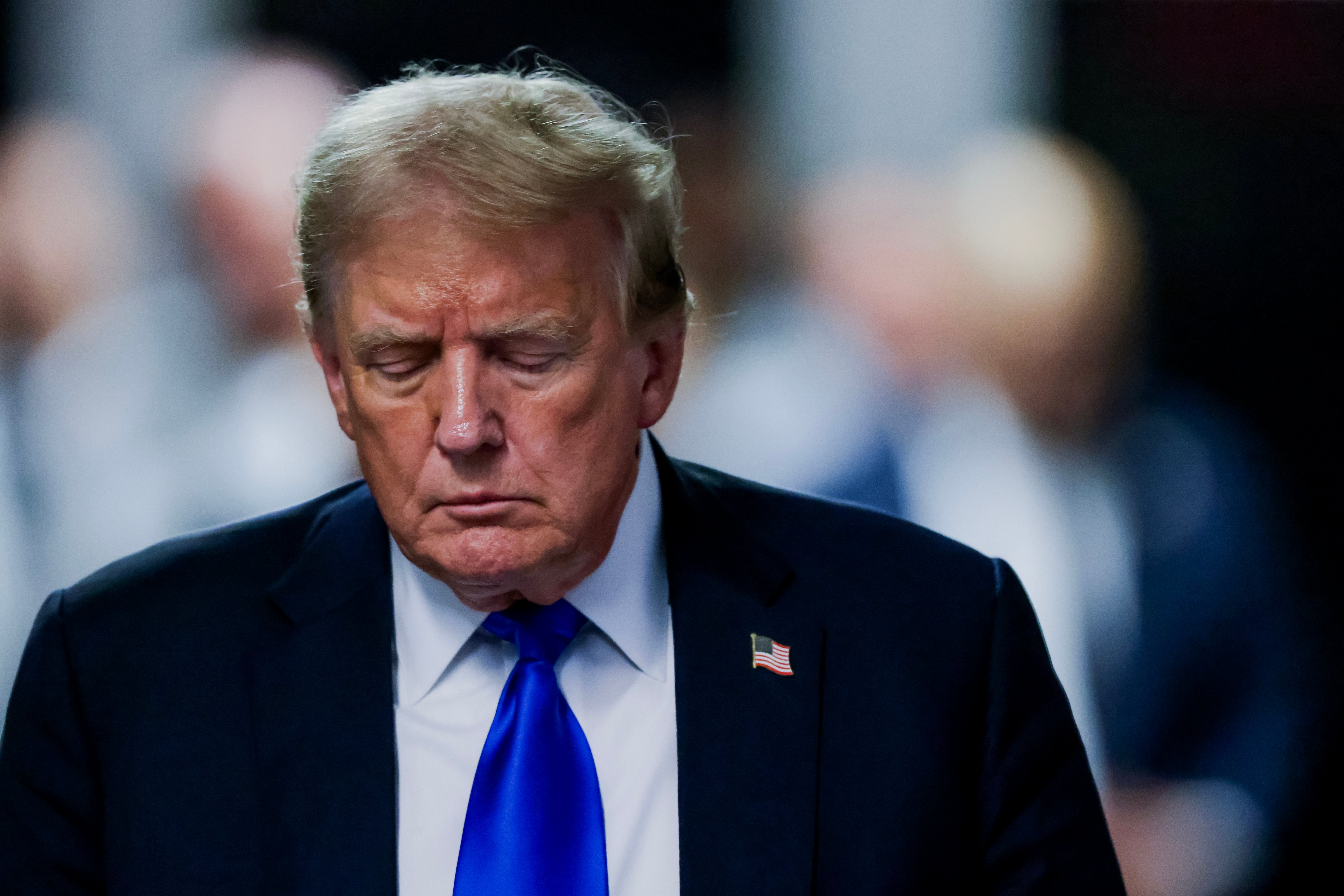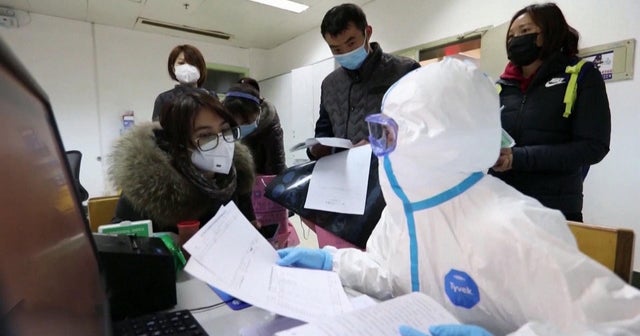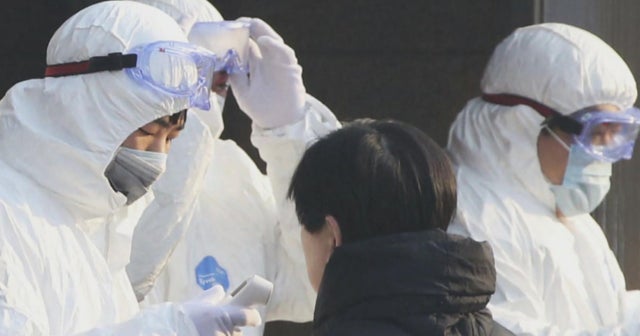More than a year after Donald Trump was convicted in a Manhattan courtroom, federal appeals court judges in New York are now wrestling with the scope of a sweeping Supreme Court ruling that shields a president from criminal prosecution for actions tied to his “official” duties in office.
A three-judge panel in Manhattan heard long-gestating arguments Wednesday from the president’s legal team in an effort to remove his historic hush money case into federal court — where a Department of Justice stocked with Trump loyalists could make the case disappear.
Trump has already been tried, convicted and sentenced, but his attorneys argue that certain pieces of evidence should have been blocked off from jurors under the Supreme Court’s “immunity” ruling — arguments that have already been shot down in several courts.
“Everything about this cries out for federal court,” according to former acting U.S. solicitor general Jeffrey Wall, who is representing Trump in his federal appeal. “The scope of federal constitutional immunity for the president of the United States should be decided by this court and the Supreme Court — not by New York state courts.”
The nation’s high court “would be stunned” if evidence under that “federal constitutional immunity” wasn’t enough to move the case to federal court, Wall said.

If Trump loses his appeal, he could ask the Supreme Court to step in once again.
Jurors reached a 34-count guilty verdict against the president on May 30 following weeks-long trial surrounding Trump’s efforts to pay off an adult film star to prevent her from speaking publicly about having sex with him. Roughly one month later, the Supreme Court issued its “immunity” decision, throwing a wrench into his federal criminal indictments and opening a door for his lawyers to question his conviction in New York.
His lawyers argue that Manhattan prosecutors rushed the case to trial instead of waiting for the Supreme Court’s decision and wrongfully included evidence covered by that ruling. The inclusion of that evidence — and allegations that Trump violated federal campaign finance laws as part of his hush-money conspiracy — should have “triggered” a move into federal court, according to Wall.
But the office of Manhattan District Attorney Alvin Bragg argued that Trump was too late.
“The fact that we are now past the point of sentencing would be a compelling reason to find no ‘good cause’ for removal,” the district attorney’s appeals chief Steven Wu told the judges.
Even if that “removal” process was available, there are no “good cause” grounds to do so, he argued.
The purpose of removal is to make a threshold decision at the start of a trial, “not to divert” a case after a defendant who has been tried, convicted and sentenced, Wu said.
Trump’s team has already conceded that the case against him relates to “unofficial” conduct, not acts while he was in office.

He was not president when he committed the crimes at the center of the case, and any discussion about the alleged conspiracy in the early days of his first administration should similarly not be considered “official” duties, Wu argued.
Trump’s attorneys are “conflating an important distinction” — the evidence they challenge is not “intrinsic to the crime,” but remains relevant because it involves Trump’s conversations about the crimes he committed, according to Wu.
Wu compared the case to a Post Office worker who commits a robbery and then confesses at work while in uniform.
The Supreme Court’s decision similarly doesn’t undercut the case against the president.
“The slate was not wiped clean,” he said.
The judges — appointed by former presidents Barack Obama and Joe Biden — appeared both skeptical and intrigued by the arguments. But they agreed that the case is an “unusual” and “extraordinary” one.
“It seems to me that we got a very big case that created a whole new world of presidential immunity,” said Judge Myrna Perez, a Biden appointee. “The boundaries are not clear at this point.”
Trump may be “an unusual defendant,” Wu said, but there is nothing “unusual” about a defendant raising arguments in an attempt to appeal his convictions. But that appeal should stay in state court — not federal court.
Trump’s lawyers first tried to move the case to federal court after his indictment in New York in March 2023. His lawyers tried again, two months after the Supreme Court’s “immunity” ruling.
District Judge Alvin Hellerstein denied both requests, arguing that the criminal case involves Trump’s personal decisions, not actions tied to the presidency.

 2 days ago
5
2 days ago
5








